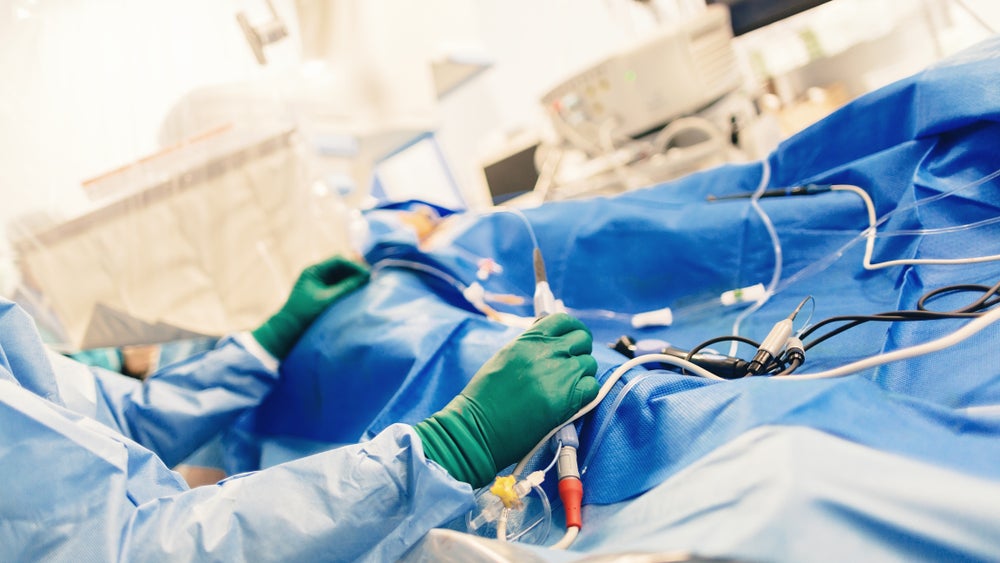
Royal Philips has announced randomised controlled trial DEFINE GPS to study patient outcomes of percutaneous coronary intervention (PCI) guided by iFR and interventional X-ray images against standard-of-care treatment guided by an angiogram.
DEFINE GPS stands for Distal Evaluation of Functional performance with Intravascular sensors to assess the Narrowing Effect: Guided Physiologic Stenting.
PCI is one of the primary treatment options to open narrowed coronary arteries of the heart in patients suffering from coronary artery disease.
Currently, European and US guidelines support the use of coronary physiologic measurements with iFR and Fractional Flow Reserve (FFR) for diagnostic purposes to understand the problems of a narrowed coronary artery.
DEFINE GPS study will see for the first time iFR used in conjunction with the Philips Image-Guided Co-registration System (SyncVision) for PCI guidance and the optimisation of treatment outcomes.
This global multicentre, prospective, randomised controlled trial will probe into the impact of iFR Co-registration concerning outcomes, as well as cost-effectiveness.
How well do you really know your competitors?
Access the most comprehensive Company Profiles on the market, powered by GlobalData. Save hours of research. Gain competitive edge.

Thank you!
Your download email will arrive shortly
Not ready to buy yet? Download a free sample
We are confident about the unique quality of our Company Profiles. However, we want you to make the most beneficial decision for your business, so we offer a free sample that you can download by submitting the below form
By GlobalDataThe primary endpoint of the study is target vessel failure or rehospitalisation for progressive or unstable ischemia at two years.
Image-Guided Co-registration System (SyncVision) is a part of the firm’s lineup of systems, smart devices, software and services in image-guided therapy.
The trial, sponsored by Philips with the Cardiovascular Research Foundation, is overseeing core lab and clinical event committee activities.
Philips senior vice president and general manager for image-guided therapy devices Chris Landon said: “iFR continues to be adopted into clinical practice, with mounting evidence that this innovative technology contributes to improving outcomes, reducing costs and enhancing the patient experience.
“This major study will provide a definitive answer to the question of the overall improvement resulting from the use of a functional guidance strategy on patient outcomes and cost.”







